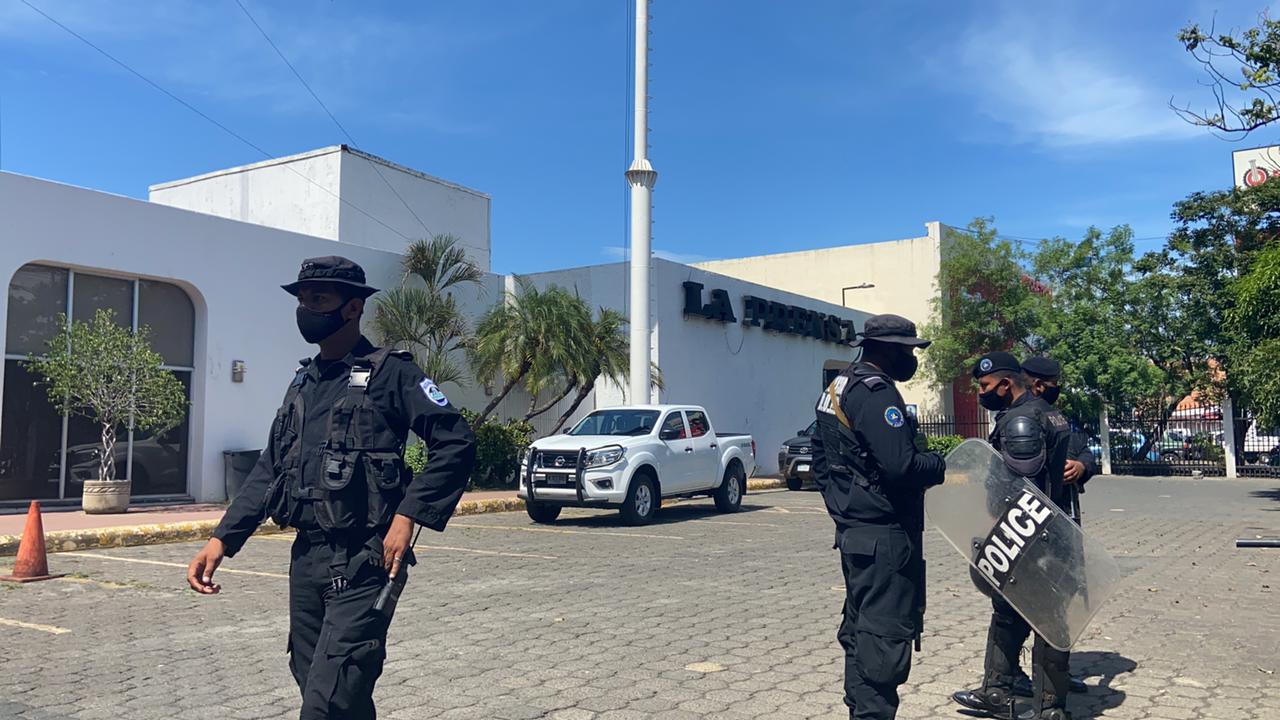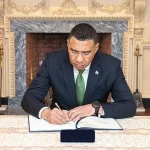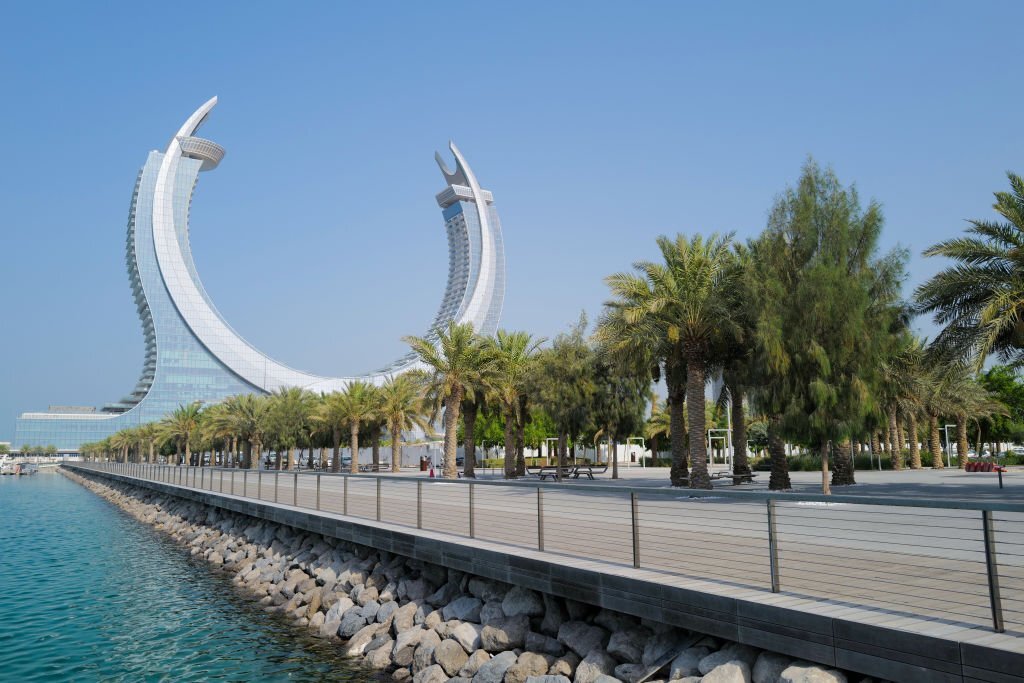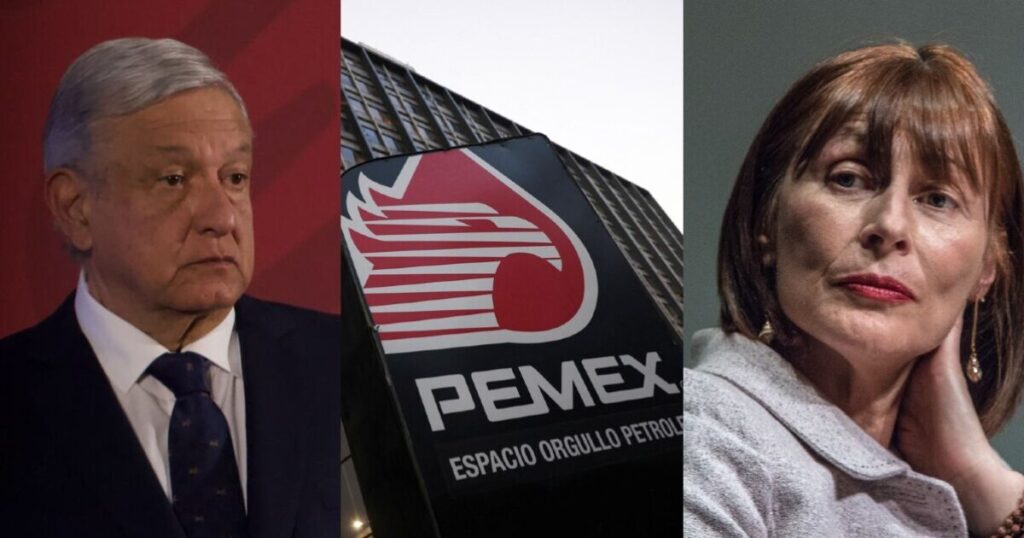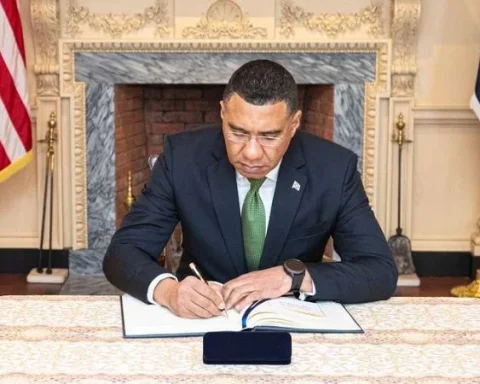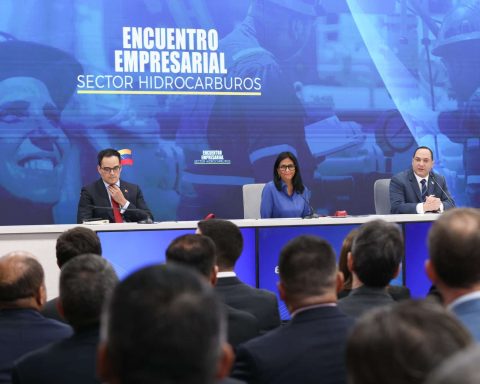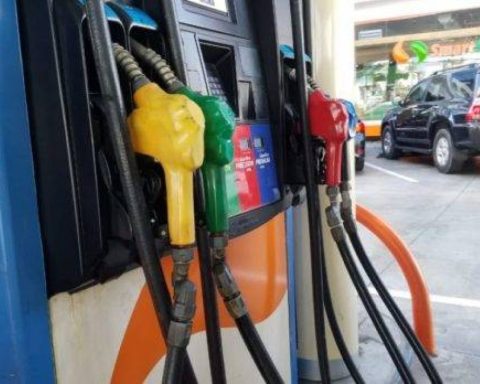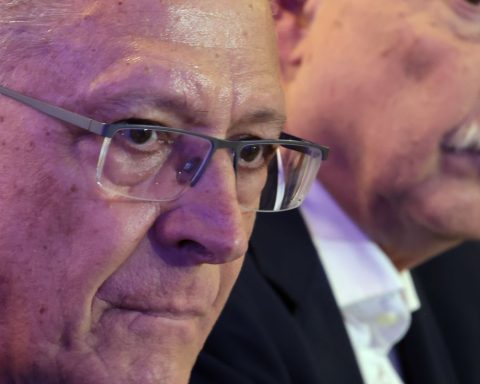The editor-in-chief of the newspaper La Prensa, Eduardo Enríquez, lamented that in the face of the repressive escalation of the regime of Daniel Ortega and Rosario Murillo, “it is no longer safe” to continue doing journalism from Nicaragua. Situation that forced the management of the newspaper to take its staff out of the country to protect it and to be able to reorganize its newsroom from exile.
Enríquez specified that the persecution of the reporters worsened on July 6, as a result of the coverage that La Prensa provided to the expulsion of 18 Missionaries of Charity, of the order of Mother Teresa of Calcutta. That day, two of its workers were arrested and transferred to the El Chipote prison, and the homes of three other reporters were raided by the Police.
In addition, people dressed in civilian clothes came to the homes of the reporters, photographers and editors to ask about them and about their work in the newspaper La Prensa. A fact that the editor-in-chief interpreted as the transmission of the message “that the regime already had them mapped and it was not very prudent to continue in Nicaragua.”
During this interview that Enríquez gave to the program Tonightwhich is broadcast online due to the television censorship imposed by the regime, talks about the confiscation of the newsroom of the pressthe imprisonment of its directors and workers and raises the new challenges they face to continue reporting from exile.
The newspaper La Prensa announced the exile of all its editors and photojournalists who were in Nicaragua. Why did they make that decision?
It had to be taken suddenly, starting on the night of July 6, when two of our collaborators were arrested and kidnapped after carrying out a cover and the houses of three other members of our team were raided. Then we had to forcefully remove the staff because in the houses of other collaborators, other editors, editors, photographers, people dressed in civilian clothes were arriving to ask about them, carrying the message that the regime knew who they were, what they were doing, and we considered that it was no longer safe to continue working with a regime that has criminalized journalistic work.
What is the situation of the two drivers who were imprisoned?
We have had very little communication. Their relatives are trying to communicate as much as possible. We understand that are still detained, but the families have asked us not to publicize this topic too much because they are trying to get them out. We have to understand that they are people who are detained in an illogical and absurd way, because they are people who do not have any responsibility or decision-making position in the direction of the newspaper. We understand that the dictatorship criminalizes journalistic work, but these two people had no responsibility in this regard.
In addition to the incidents and the siege, the visit by police officers to the journalists, were there any photographers or journalists detained in this context?
Fortunately, as soon as we learned of the first arrests, the security protocol was activated and all our staff mobilized so as not to be at home. When the regime Police came to raid three houses of collaborators they were no longer there and then, when these motorized people began to arrive to ask and give indications that they knew, well the questions were if they no longer worked at La Prensa or what? what were they doing? where were they? were they in cover? It was evident that what they wanted was to get the message across that the regime had already mapped them out and it was not very prudent to continue in Nicaragua. Fortunately, the security mechanism we had developed worked and we managed to get the staff out.
What information do you have about the facilities of the newspaper La Prensa that were robbed on August 13, 2021? Are they still occupied by the Police?
Yes, what exists there is a de facto confiscation. As we know, Juan Lorenzo Holmann, the general manager of La Prensa, was also arrested that same day and taken under false pretenses to El Chipote at dawn on August 14 last year, where he was told that he was going to sign some documents and since then he has remained in those torture cells of the new Chipote. The facilities continue to be taken, no member of the newsroom or the newspaper has been able to enter since then and it is a de facto confiscation. When that pantomime trial was given against John Lawrence, the judge of the regime indicated that the facilities would continue to be occupied by the Police without giving a reason why, because nothing was ever proven in the trial of what they accused Juan Lorenzo of, which is alleged money laundering. There was no proof of that and there is no reason why he is in prison, nor why the facilities are taken.
What challenges does exile pose for the editors of the newspaper and their relationship with the source to continue telling what is happening in Nicaragua?
There are two paths or two routes that we will have to travel to reorganize ourselves and do our job well. One is the relationship with the source that —“thanks” to the pandemic and to the way the regime had accustomed us to work with the outlet, for almost a year now— our collaborators practically did not cover on-site rather, much was being done by telephone or other means of communication, and this allows us to continue with the type of work to which we are already accustomed. What we have had to do is that the notes are no longer signed and the vast majority of our interviewees, unfortunately, their names are not published either for security reasons and for fear of retaliation from this regime, which is becoming more and more totalitarian.
The other route that I mention is to adapt. We are going to establish our base in Costa Rica, which more than anything is a different economic reality that we will have to face. We will have to see how our collaborators can work with us and earn a decent living in a city or in a country that is 50% more expensive than Nicaragua.
What role do social networks and the internet have in this context of censorship that Nicaraguan journalism is experiencing?
Social networks and the internet, especially being out of their reach, not depending entirely on the national territory to be able to operate, is what breaks precisely that fence that they want to put on information and that they have tried to put on all of us , a CONFIDENTIAL, to 100% Noticias, Article 66, to us (La Prensa) and that we have continued to work and report. Precisely because we work in two ways with social networks, on the one hand, people send us information that we later corroborate, confirm and turn into news, and on the other hand, it allows us to spread the information without them (the regime) having found so far the way to be able to censor us. They blocked our paper a year ago, for the second time they removed our print edition, but we have not stopped reporting for a single minute on our website.
The regime assaulted and confiscated the newsrooms of CONFIDENCIAL, 100% Noticias, La Prensa, Trench of the News, there are journalists imprisoned and it is forcing more reporters to go into exile, what impact does this have on citizens?
It certainly has an impact, we cannot fool ourselves. What the regime wants is to paint a reality that they want Nicaraguans to see about what is in Nicaragua, they want Nicaraguans not to see the repression, the corruption, all kinds of abuses that they commit daily. And our effort, of all the independent media, has to be doubled and tripled to keep citizens informed. However, as much as they (the regime) want to hide this reality of repression, Nicaraguans live daily aware that they are not a free individual, that they cannot give their opinion, that they cannot think and share their opinion with anyone because they endanger your freedom and if you don’t jeopardize your freedom, you jeopardize your job, you jeopardize your business. So, the Nicaraguan knows that no matter how much the official channels want to present a rosy reality, what is lived is a country that is behind bars.
What Nicaraguans have an alternative to censorship and how can they overcome the news blackout that the dictatorship intends to impose?
It is always important to stay informed of what is happening on social networks and try to get information from trusted media. Your question gives me the opportunity to emphasize to all our compatriots that it is very important not to fall for false news campaigns, there is a lot of false news that is even handled by the regime to confuse. The Nicaraguan must go to the media that are recognized, professional, that do their job, to be informed and break that fence or illuminate that blackout.
